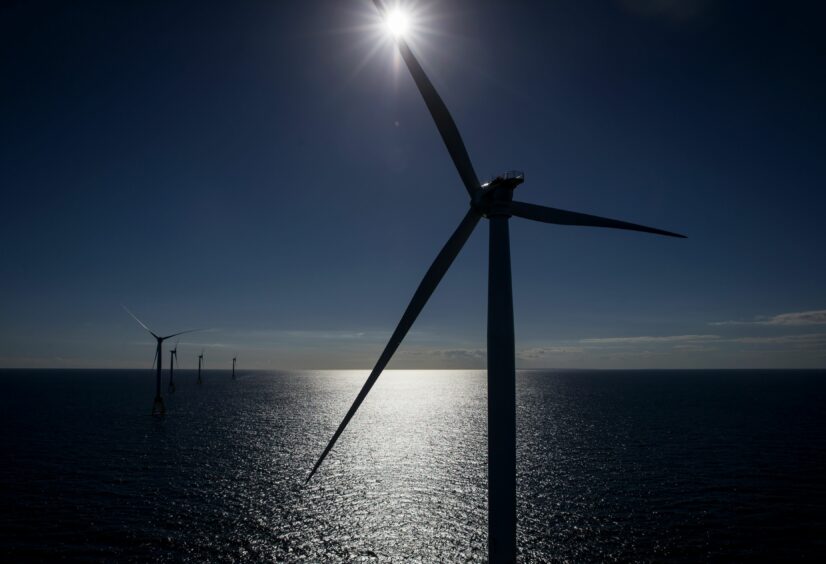
Energy skills body OPITO has announced the creation of a new Energy Transition team, which could open the door for oil and gas workers looking to shift to renewables.
The group will be responsible for leading the development of innovative workforce standards, training and products to support the decarbonisation agenda currently dominating the sector.
It will be steered by newly appointed head of energy transition, Andy Williamson, who has previously held senior roles in the energy and marine industries.
He was behind the initial development of ORE Catapult’s Blyth facility, the largest test and accreditation centre of its kind, supporting the global offshore wind industry.
More recently, Mr Williamson spearheaded the Port of Blyth’s transformation into an offshore energy hub.
He is also a STEM ambassador, having worked with a variety of organisations in the public and private sector to encourage young people to pursue a career in the energy sector.
With the creation of its new Energy Transition division, OPITO intends to build on its established position in oil and gas to identify opportunities across the renewable energy sector.
That includes hydrogen and carbon capture utilisation and storage (CCUS).
By working in partnership with other industry and accrediting bodies, OPITO is aiming to develop a safe, skilled and mobile workforce equipped with an “all-energy skills passport”.
Mr Williamson said: “The UK is uniquely placed to be a global leader in net zero skills, while addressing the triple challenge of climate change, energy security and affordability of supply. Working in collaboration with government and the energy industry globally, OPITO will apply its fifty-year heritage to accelerate the workforce transition at what is arguably a critical time for the climate change agenda and sustainable economic growth.”
Trade unions have long called for measures to allow to North Sea workers to easily become part of the energy transition, amid fears they could be left stranded as oil and gas production winds down.
An “offshore training passport” has previously been put forward as a means to bridge the gap between the two sectors.
The vast majority of offshore workers are also in favour of standardised trading to make the switch less taxing, according to a recent survey.
The International Renewable Energy Agency (IRENA), suggests that 42 million jobs will be created in renewables by 2050.
Over the same period, the number of positions in offshore wind is expected to rise to one million globally.
Mr Williamson continued: “The need for better harmonisation of training and skills development across the energy sector has been well-reported and will become even more important as the energy system further integrates.
“There is a significant opportunity to transfer expertise across multiple energy sectors which can support the entire energy eco-system, both offshore and onshore, in a just and sustainable way and benefit an all energy workforce for the future.”
Recommended for you


 © Supplied by OPITO
© Supplied by OPITO